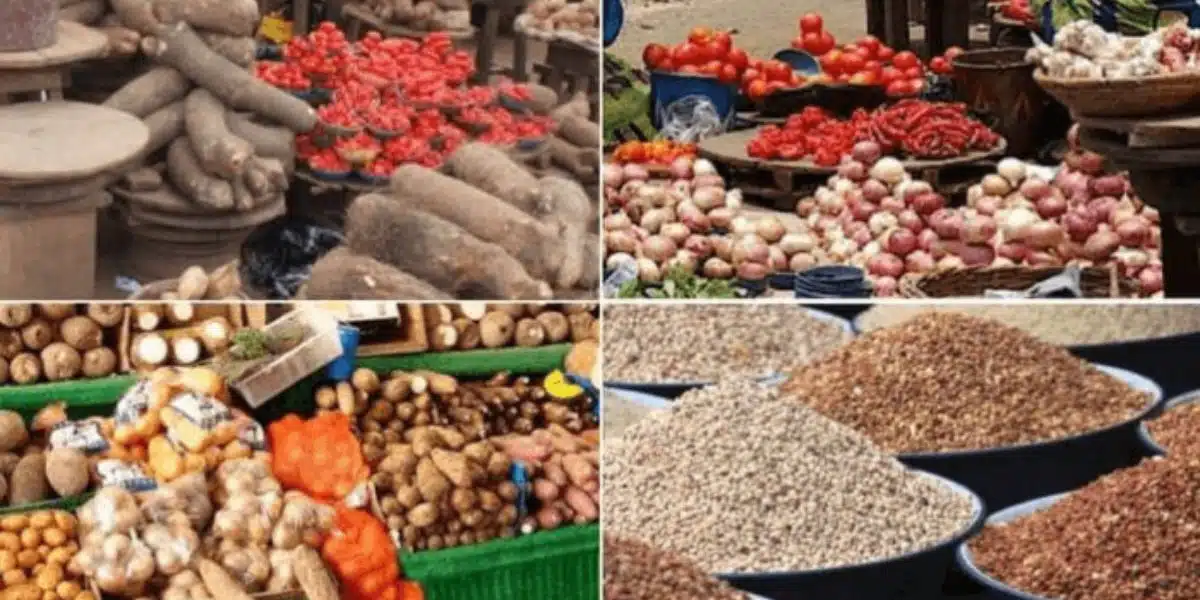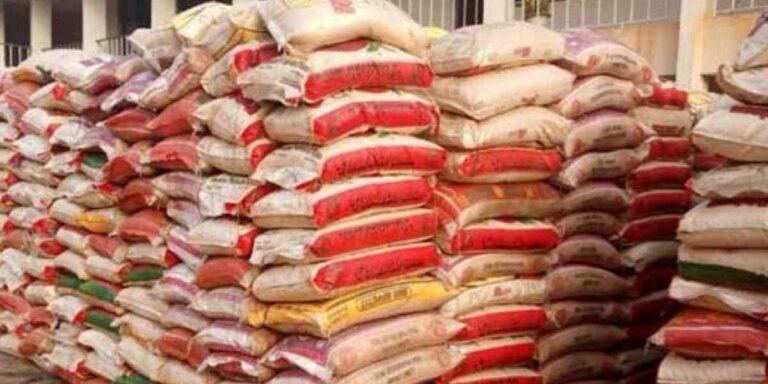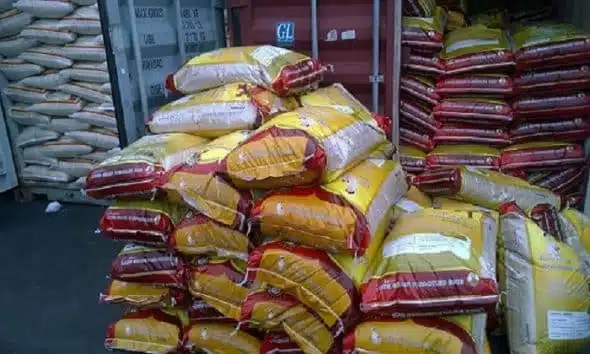
Notably, the report states that this total encompasses 514,474 Internally Displaced Persons in Borno, Sokoto, and Zamfara.
Around 25 million people in the 26 states and the FCT face food crises.
Kouacou Koffy, the FAO Country Representative to Nigeria and ECOWAS, emphasized the need for immediate action and a coordinated strategy to tackle food and nutrition security in the nation.
He remarked that through the collaborative efforts of the government, CH stakeholders, and the international community, a significant stride can be made towards alleviating hunger and mitigating the hardships faced by Nigeria’s most vulnerable populations.
Koffy added: “With the concerted efforts of the government, CH stakeholders, and the international community, we can move closer to alleviating hunger and reducing suffering for Nigeria’s most vulnerable populations.
“We are facing unprecedented challenges affecting livelihoods and food and nutrition security globally, regionally, and nationally.”
Koffy stated that Nigeria is currently facing a series of challenges, including economic influences impacting the prices of essential crops and agricultural goods, climate-related incidents like floods and droughts, and insecurity issues.
He elaborated that the CH workshops aim to examine existing food security data and its contributing factors to pinpoint populations and regions vulnerable to food and nutrition insecurity within the nation.
He further noted that these workshops are also designed to recommend suitable strategies to avert or alleviate the ongoing food crises.
He stated, “CH analysis is the most reliable and widely accepted early warning tool for humanitarian programming, food security, and livelihood response targeting, as well as for prioritizing development programmes.”
Meanwhile, the Permanent Secretary of the Federal Ministry of Agriculture and Food Security, Temitope Fashedemi, pledged the government’s commitment to applying the findings of the report to guide food and nutrition security programmes across states.
CH Focal Person for the National Programme on Food Security, Balama Dauda, identified key drivers of the food crisis as high prices of foodstuffs and non-food items, flooding, and insecurity.












